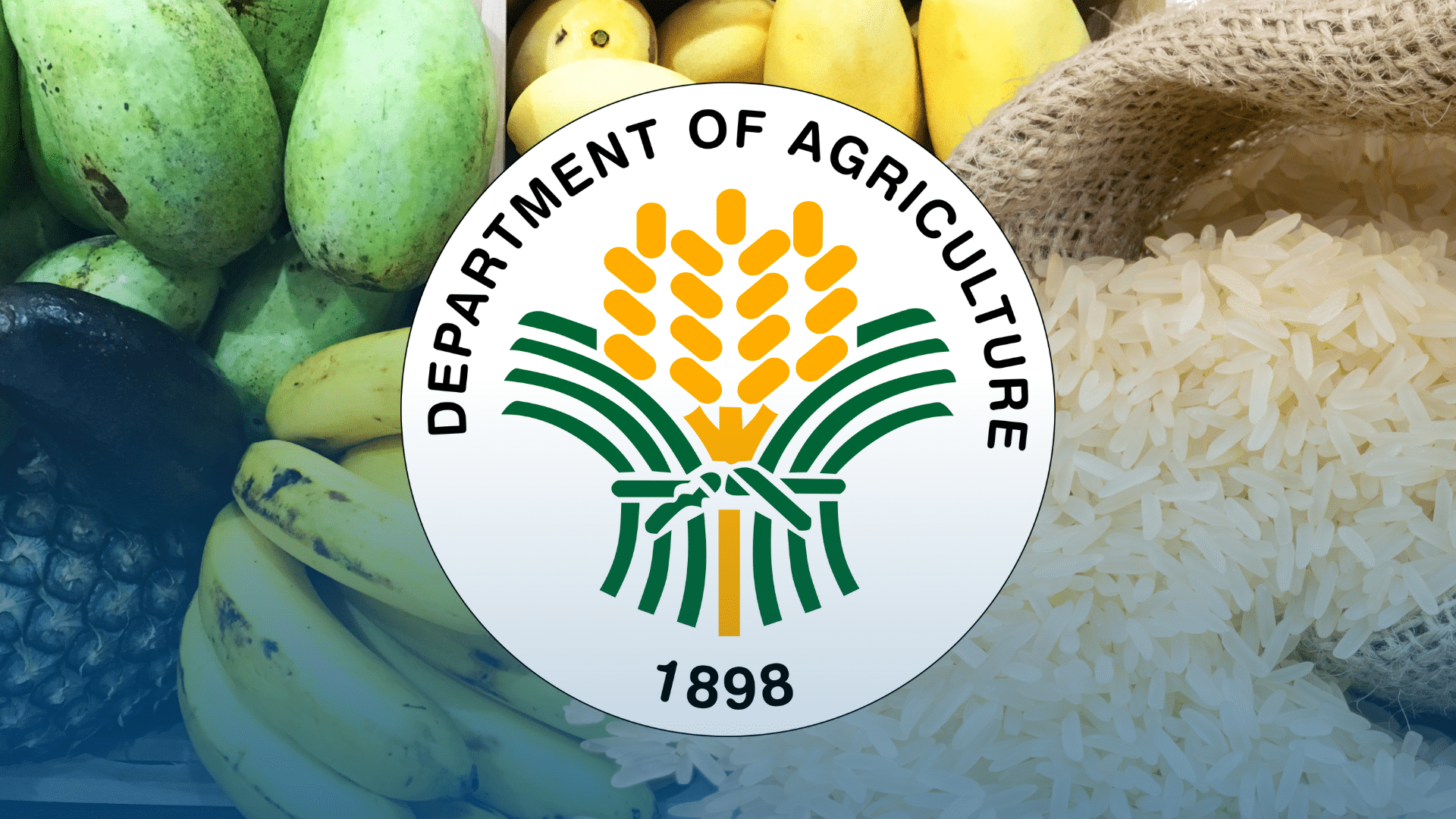
THE Asia-Pacific (APAC) economy is performing better globally but still underachieving, Moody's Analytics said, with many countries in the region growing below their potential.
Moody's Analytics' June baseline forecast projects a 3.9-percent growth for the APAC economy in 2024 and 2025.
The estimate remains unchanged from the May forecast but is higher than the anticipated global economic growth rates of 2.6 percent and 2.7 percent for this year and 2025, respectively.
While any growth is a positive sign amid global economic challenges, Moody's Analytics said that across much of the region, gross domestic product (GDP) growth remained well below potential, particularly in Southeast Asia, where economic output declined sharply during the pandemic.
"Without stronger growth, the region has little chance to repair this damage," it said.
It cited that some Southeast Asian economies lag more than 6.0 percent behind their pre-pandemic trajectories, with the Philippines and Thailand experiencing the most severe setbacks as both countries' GDPs are over 10 percent below pre-pandemic levels.
Moody's Analytics retained its growth forecast for the Philippines this year and in 2025 at 5.9 percent and 6.0 percent, respectively, below the government's goal of 6 to 7 percent this year and 6.5 to 7.5 percent next year.
The forecast for 2026, at 6.2 percent, is still below the 6.5- to 8-percent target of the government.
Moody's Analytics said that inflation was a key factor in its forecast for the next 12 months, noting that while consumer price inflation is slowing in the region, progress is uneven.
Inflation in both developed and developing Asia-Pacific economies were said to have eased.
However, in developing economies, inflation aligns with central bank targets or pre-pandemic levels, whereas in developed economies, it remains slightly higher than desired.
In the case of the Philippines, inflation has continued to rise, with the figure in May hitting 3.9 percent, at the upper end of the 2- to 4-percent target of the Bangko Sentral ng Pilipinas.
Inflation is projected to settle within target this year at 3.6 percent and will decline to 3.3 percent and 2.9 percent next year and in 2026, respectively.
"Key challenges in the months ahead are unsteady foreign demand, lingering inflation, and a delayed easing of monetary settings," Moody's Analytics said.
"A fresh uptick in commodity prices would stoke inflation and prompt monetary policy tightening that would weigh heavily on the region's economy," it added.
The BSP's benchmark rate currently stands at 6.5 percent — the highest since 2007 — following 450 basis points of hikes beginning May 2022 as inflation started surging.
Read The Rest at :



